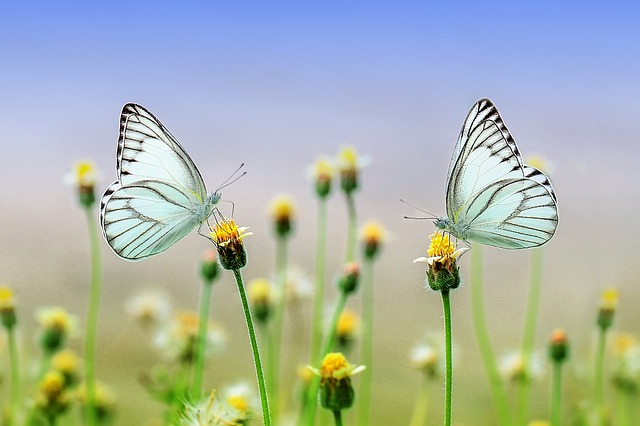
Horticulture is a great way to grow delicious fruits and vegetables right in your own backyard. You can make things like salads with freshly picked tomatoes right from your garden, or if you are advanced enough you can even make salads that are completely from your own garden. This article provides the information you need to know to make your garden flourish.
Make sure to lay the sod properly. Start by preparing your soil with care. Remove any weeds, and break the soil up into a fine tilth. Gently compact the soil until it is flattened. Now make sure the soil is thoroughly dampened. Be sure to stagger the rows of sod. The joints should be offset like bricks in a wall. Sod should be firm and have an even, flat surface without gaps. The sod needs to be watered daily for two weeks, by which time it will be rooted and ready to walk on.
If you want to keep your garden free of pests, start with healthy soil! Healthy soil leads to healthy plants with more strength to deflect those insects and various diseases. To increase your garden’s likelihood of producing strong and healthy plants, use high-quality soil containing minuscule amounts of chemicals, which will eventually collect salts.
Your plants will reach maximum growth if they have a sufficient supply of carbon dioxide. When exposed to high levels of CO2, most types of plants will grow better. A greenhouse will provide the best method of providing enough CO2 for your plants. Higher CO2 levels can provide optimal conditions for growing plants.
When gardening, be watchful of stink bugs, particularly in the fall. Stinkbugs are most prevalent on tomatoes, beans and peppers. If they go unnoticed, they can cause large amounts of harm to your garden, so remember to take protective measures to reduce the population of stink bugs there.
Soak seeds overnight, preferably in a cool, dark place. Place a small amount of seeds in a little container, while filling it to the brim with water. This will give your seeds a healthy head start in the growth process. Seeds that are cultivated this way are more likely to survive and mature properly.
Mint leaves are wonderful, but don’t you despise how quickly they can take over a garden due to rapid growth? That’s why it’s better to place mint in containers rather than letting it have free rein in your garden. You can even plant the container in the ground. That way, the roots won’t be able to escape the container, and the plant won’t overrun your garden.
Don’t forget to use a good fertilizer in your garden. Manure is a great garden additive, but it is important that you choose a manure that has been composted commercially so that there is less of a risk of pathogens. It is important that you use some sort of fertilizer, although it doesn’t really matter which variety you choose.
The nutrients from vegetables can help. If you steam your vegetables, you can pour the remaining water around them. Tea and coffee grounds can also serve as acidifiers in the soil of your gardenias or rhododendrons. If fungus is ravaging your potted plants, sprinkle a bit of Chamomile tea on them, and see if it helps.
The hobby of horticulture not only gives you something enjoyable to do, but produces tasty vegetables, herbs and fruit right at home. Being able to make a meal from homegrown ingredients will leave you with a sense of satisfaction. Get the full physical and emotional benefits of gardening by applying the above advice.